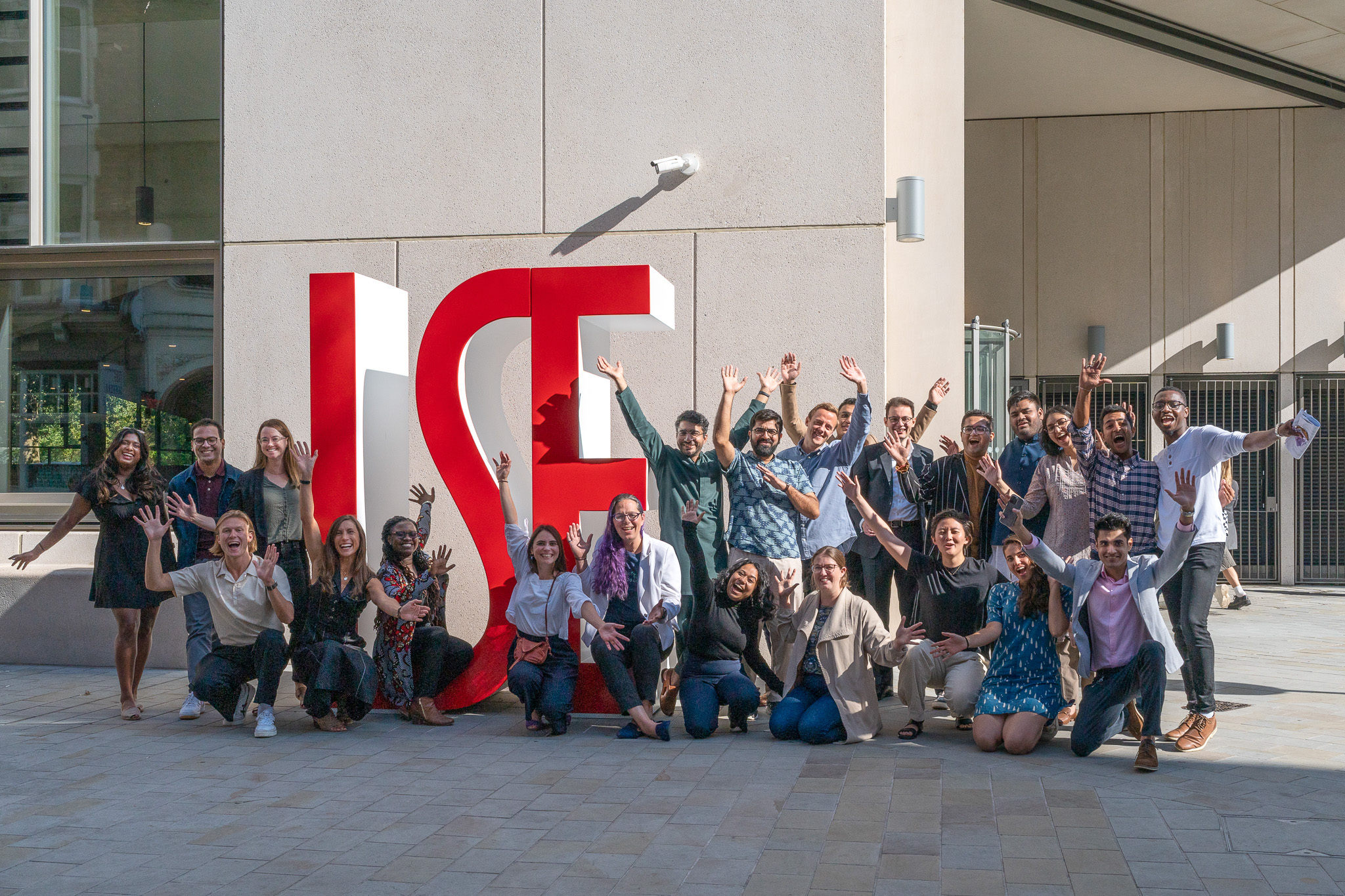
“Congrats!You got into the London School of Economics! So….what’s does that mean?”
It’s a question that followed me relentlessly across a summer of travel and family gatherings with hundreds of relatives, from weddings to reunions in Poland, each curious for the latest update.
The truth is, I’m still answering that question myself.The 100x Impact Accelerator at the London School of Economics is designed to nurture “social unicorns”, organizations capable of impacting 100 million lives. For Mobile Pathways, the opportunity comes at a time when immigration law is in flux (to put mildly), justice feels increasingly out of reach for those without means, and technology offers both promise and peril.
After reflection, I outlined three aspirations to guide the journey.
My background is in finance and economics, where market rules tend to dictate outcomes. But when applied to justice, those same dynamics feel unacceptable when applied to equitable access to justice. The reality is simple: if you have money, you have far better access to justice. And in the United States, it’s actually getting worse. We are even seeing major enterprise-level law firms devote hundreds of millions of dollars in so-called pro bono services to parties that have no shortage of resources. The effect is unmistakable: the very wealthy receive even more support, further skewing an already unfair system.
At Mobile Pathways, we believe justice should be treated as a sacred public good, not a commodity to be bought and sold. My aspiration at LSE is to learn from peers who are challenging similar inequities in health, education, and climate, and to push forward an economic model where justice is democratized, not monetized.

The stakes, however, could not be higher when it comes specifically to immigration law. Immigrant families are being torn apart, futures are being erased, and communities destabilized. Our data is showing immigrants are leaving the United States in droves.
That is why we built Pathfinder, our AI-powered platform that delivers real-time case information to attorneys, nonprofits, and immigrants. More importantly, the data from Pathfinder is being used to show how quickly the immigration landscape is pivoting; as featured in outlets like Mother Jones, The Guardian, and the Minnesota Post.
At LSE, I want to hone in on this fundamental challenge: how can we scale techonologies like Pathfinder so that millions of immigrants have the opportunity to claim their rights? The promise of AI for good is not in abstract models, but in the very real human lives it can safeguard.
And yet, the challenge is formidable. AI is expensive and complicated. It also requires massive amounts of data, rules, and clear guidelines to shape responsible deployment. Which leads me to my third aspiration.

Entrepreneurs often enter industries to disrupt them. But what happens when the industry itself is crumbling beneath your feet?
Decades of immigration law are being upended in the U.S.. Memos, lawsuits, and countless policy shifts are drafted at a breathtaking pace. These changes are pushing the limits not only of what technology can keep up with, but of what our society can bear. We are also seeing critical datasets disappear from the federal government. If this trend continues, and the truth is masked, then AI systems may not even have the data they need to operate.
It’s a strange paradox in our world: as AI accelerates, so do the laws that govern immigrants’ lives. Will the two evolve together into a system that shines? Or will they crash into failure, leaving truth and justice as hollow notions, out of reach for ordinary people?
That is the question that keeps me up at night. As we enter this space with purpose, I firmly believe that immigration rules and AI must evolve together. When they converge, they hold the power to illuminate justice and fairness at scale.That is not only the opportunity before us; it is the future we are determined to create.

My aspiration at LSE is to learn how to build resilient social enterprises that endure shifting policies, changing administrations, and volatile public opinion.
To stand strong even when the floor is giving way.
Joining the 100x Impact Accelerator is not only about mentorship, resources, or the cache of saying "The London School of Economics". It is about joining a movement of people who take on the impossible, because striving for the impossible is the jet fuel of our existence.
At Mobile Pathways, our mission is clear: deliver immigration justice at scale through technology, relentless commitment to fairness, and a transparent system grounded in the belief of human dignity. My hope is that, alongside the LSE community, we can forge paths others said were impossible.
Immigration justice should not be a lottery. My goal is to end the game entirely and ensure justice is guaranteed, not gambled.
👉 I’ll be sharing updates from my time at LSE 100x. Follow along as we explore how AI for good, immigrant justice, and bold entrepreneurship can help us reach the impossible.